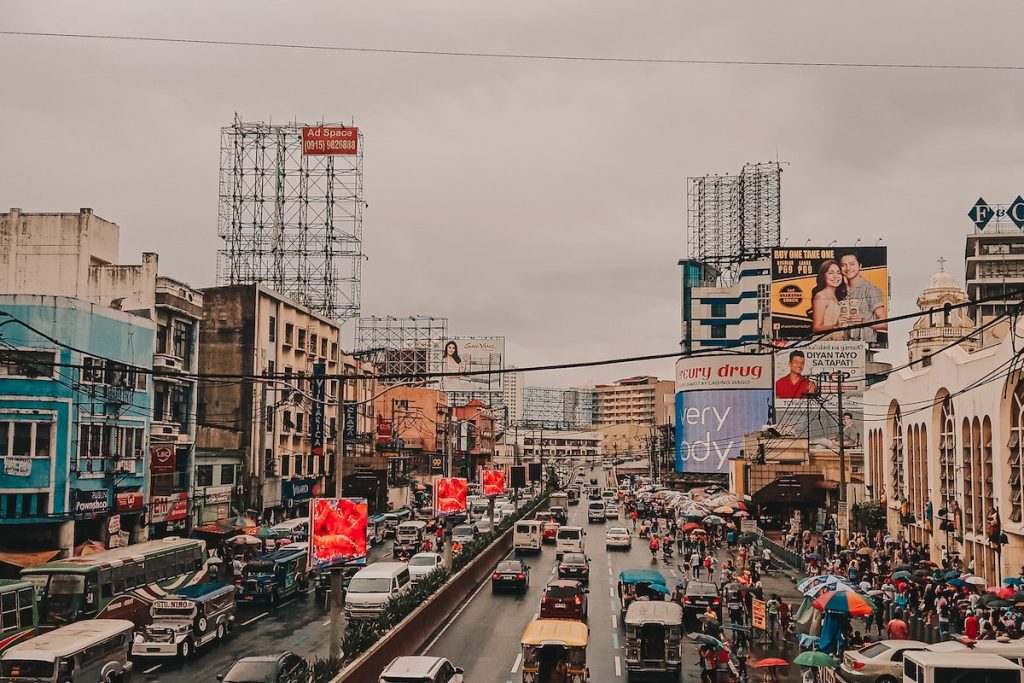- Visa requirements, regulations, and visa-free entry vary depending on a foreigner’s country of origin.
- Navigating the rental market by utilizing online resources can help foreigners find suitable long-term accommodation.
- To understand local culture and customs, knowledge of the Filipino people, religions, languages, gestures, and dress code is essential.
- Modesty should be observed when attending religious ceremonies or events.
- With proper preparation, relocating to the Philippines can be a rewarding experience.
The Philippines is a vibrant and welcoming country with plenty of opportunities for those looking to start a new life abroad. If you’re considering moving to the Philippines as a foreigner, this comprehensive guide is here to help you get started. From obtaining a visa and navigating the rental market, to understand the local culture and customs, this guide will provide you with all the information you need.
Visa Requirements & Regulations
The first step in relocating to any foreign country is understanding the visa requirements and regulations. For foreigners moving to the Philippines, several visas are available depending on your purpose of relocation.
The most common options include tourist, student, working, retirement, investor/business visas, and missionary visas. Each visa carries its own set of requirements and restrictions, so it’s vital that you research each option carefully before applying.
In addition, citizens of certain countries may be eligible for visa-free entry into the Philippines. This includes citizens of the USA, Canada, Australia, and Japan. So if you’re from one of these countries, you can enter the Philippines without a visa for a period of 30 days or even longer.
Navigating the Rental Market

Finding an affordable place to live in a foreign country can be daunting, but luckily in the Philippines, there are plenty of options—from beachfront condos and apartments in city centers to more rural living arrangements outside urban areas.
Once you decide which type of accommodation suits your needs best, use online rental resources like Zillow or Airbnb to browse listings by location or price range. This will give you an idea of what kind of budget you’ll need when searching for a place to stay long-term.
However, if you’re planning to stay long-term, investing in your own property would be more beneficial. For instance, if you buy a condo in Bay Area, Aseana City, you can get a return on investment (ROI) of up to 7% and enjoy some of the best views in the city. This is especially true if you take advantage of real estates tax incentives such as capital gains tax exemptions and property tax reductions.
Understanding Local Culture & Customs
When moving somewhere new, you must understand the local culture and customs so as not to offend anyone or cause any problems during your stay inadvertently. Here are some of the most important things you need to know:
The Filipino People

Filipinos are known for their warm hospitality and welcoming nature. They take pride in their culture and will appreciate it if you try to learn about it before your visit. It’s important to remember that Filipinos take great pride in their families, so be sure to be respectful when talking about them.
Religion & Language
The majority of Filipinos are Roman Catholics, with some other Christian denominations present, as well as small Muslim populations in certain regions. The official language is Tagalog (although many other languages are spoken), but English is widely understood across the country due to its use in education, government, and business.
Gestures & Dress Code
In Philippine society, particular types of behavior are expected from individuals according to social norms. For example, pointing with your index finger is considered rude; instead, use an open palm when indicating something. Similarly, avoid whistling indoors, as this is bad luck in many parts of the country! Taking note of these cultural nuances will ensure a smooth transition into your new home.
Modesty
Modesty is also important in terms of dress code. When visiting temples or churches, be sure to cover your shoulders and knees and remove any headwear. It is customary for locals to wear traditional clothing when attending religious ceremonies or events; this may include a barong Tagalog (men) or Filipiniana (women).
Relocating anywhere is always exciting yet overwhelming at first, but with proper preparation, it can be an incredibly rewarding experience—especially if you take some time beforehand to familiarize yourself with local culture and customs before arriving in your new home country! Ultimately, by following this comprehensive guide for foreigners looking to move to the Philippines, you’ll have no trouble finding a suitable place live while also immersing yourself in Filipino culture and making friends along the way!
